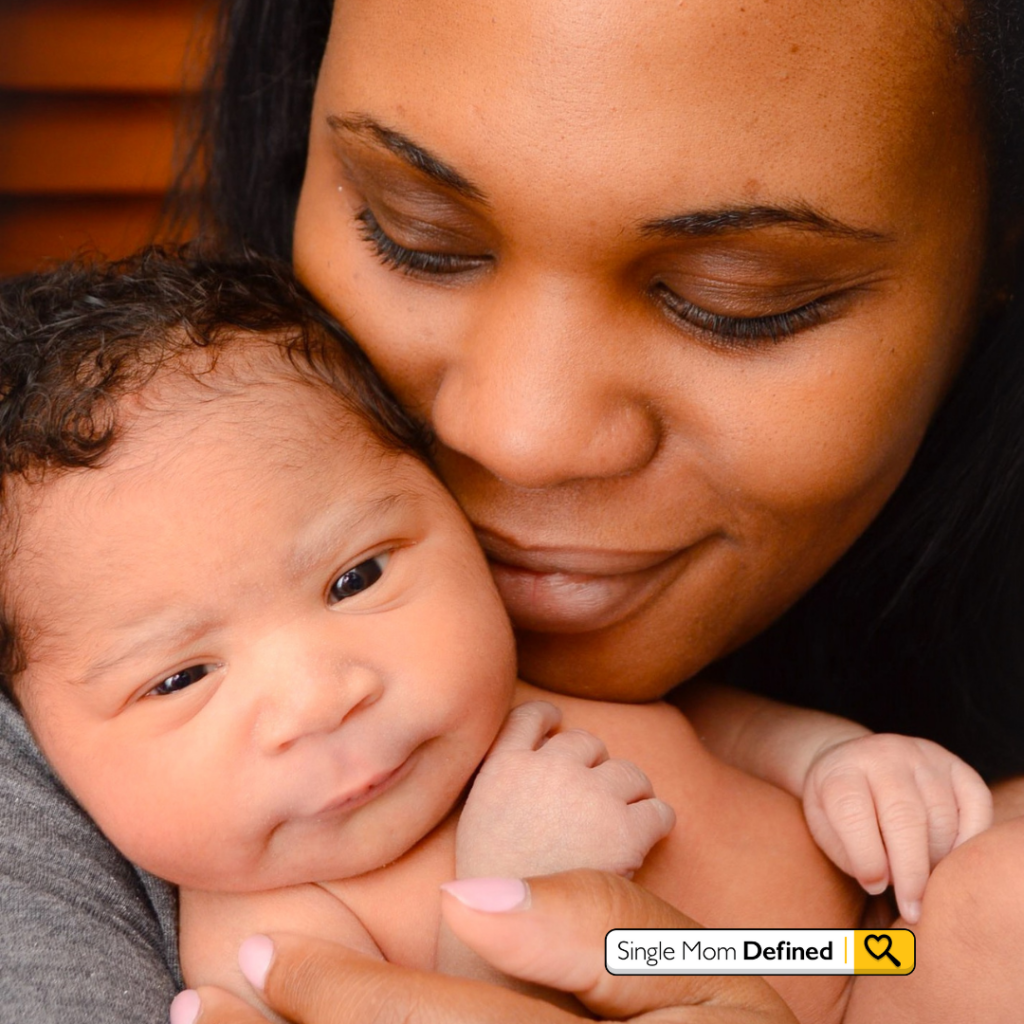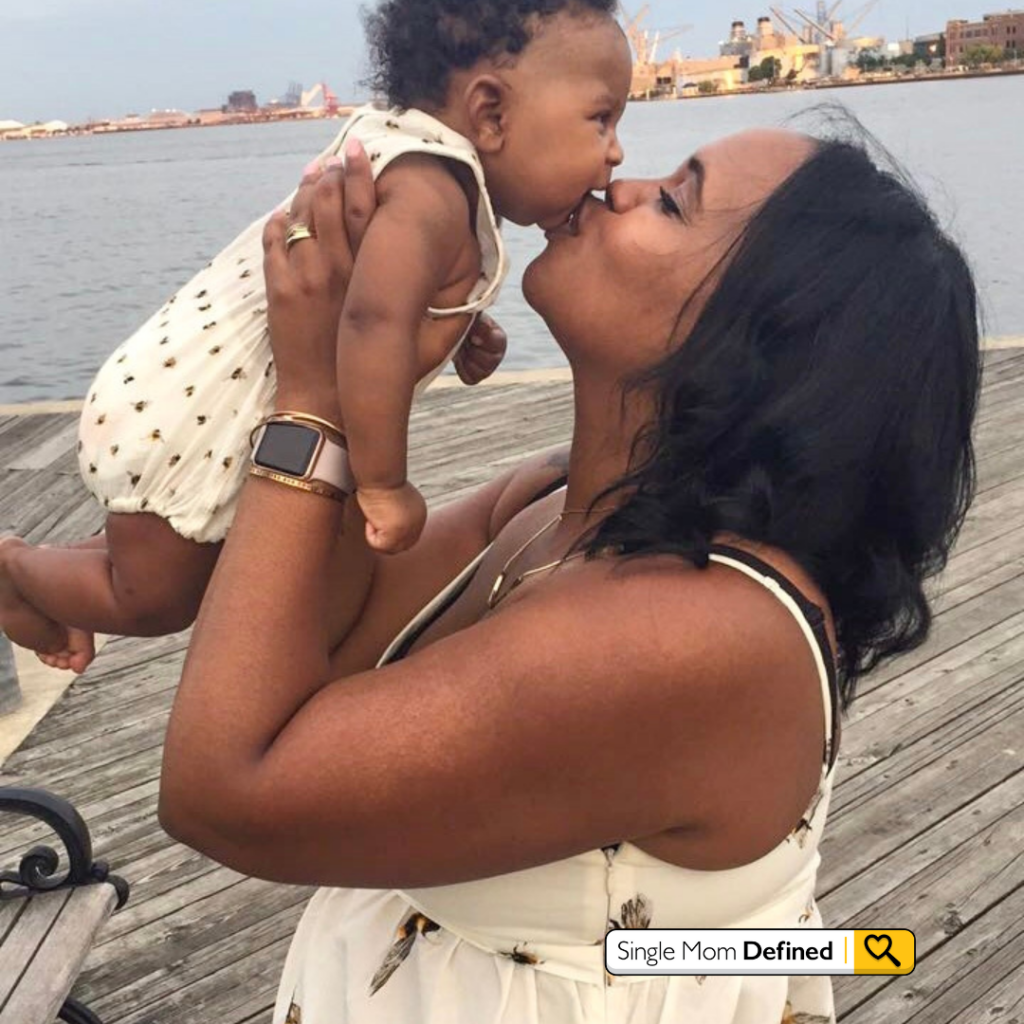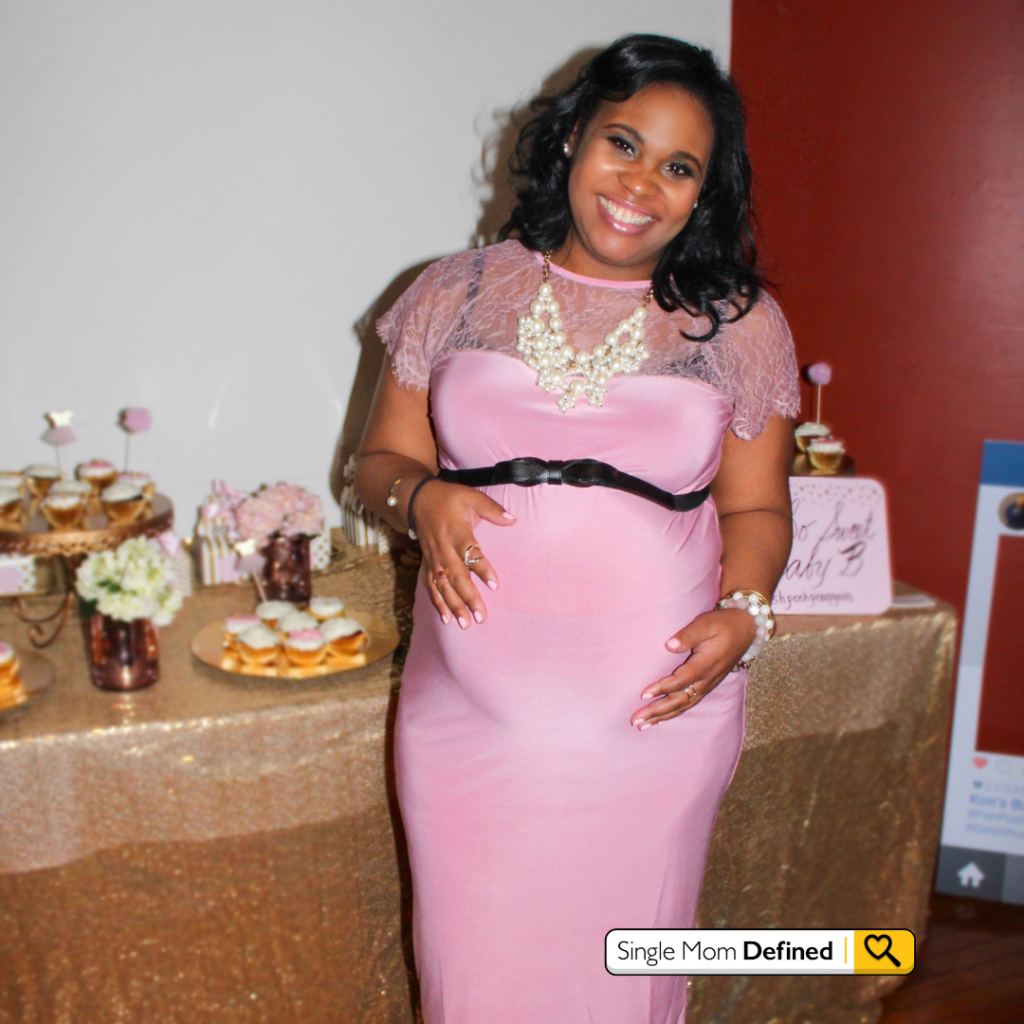When I was pregnant with my daughter, I made a lot of plans: plans for my birthing experience, the postpartum period, easing back into work after maternity leave, breastfeeding, and pumping–you name it, I had a plan for it. I read all the books, scoured all the blogs, and downloaded all the worksheets. Your girl was READY, okay? I remember proudly presenting my preferred birthing plan to my doctor and asking for his opinion on certain aspects, which he easily answered. And then finished with, “It’s great that you put that together. We’re probably going to throw all of that out the window in the moment. It’s rare for doctors to stick to the mother’s birthing plan.”
Cue shock and awe!
He subsequently clarified that a lot of the birthing plan information available online is very one-size-fits-all and not always aligned with the true level of care that a laboring mother may need when it’s going down in the birthing room, especially when there are unexpected twists or complications. That makes sense, and I appreciated his candor. Still, I was disappointed to hear that I wouldn’t have more of a voice in case something went wrong during my delivery.
As patients, we value the knowledge and skill of medical teams. And we also know our unique bodies and when something doesn’t feel right. So it made me think about how often the concerns of pregnant women and birthing people are ignored, or their voices silenced, at times when they really should be listened to, and their questions answered or concerns objectively researched.
It also started to make sense that so many more Black women were adding doulas and midwife-assisted home births to their birthing plans. According to the CDC, home births (for all women) in the United States rose 12% from 2020 to 2021, reaching the highest level in 30 years! While this may have been partially due to the health crisis in hospitals during that period, there seems to also be a prevailing sentiment among women and birthing people of color that we’d like more control over our medical care, and a feeling that there’s shared decision-making between us and the medical professionals we’re working with. We feel safer when we can work in tandem with a provider who won’t dismiss our concerns at such a pivotal and vulnerable time. Sadly, in most cases, the healthcare system isn’t set up that way.
First Steps & Beyond
First Steps & Beyond, a Black maternal and infant community collective, recognizes the challenges to positive health outcomes for Black mothers and babies in Pittsburgh, and how they are directly related to race-based perceptions. And they’ve set out to change things.
They have made it their mission to reduce infant mortality and preterm births, pledging that “every baby born in Allegheny County will celebrate their first birthday.” And part of accomplishing this mission will be through elevating the voices of Black mothers and birthing people whose lived experiences are important to understand as part of pivoting to policies that are more favorable to Black parents and parents-to-be.
The work of First Steps & Beyond will begin through partnerships with Pittsburgh’s community members, doulas, community-based organizations, healthcare systems, and government to accomplish four goals:
- Reduce racial disparities,
- Improve community members’ access to prenatal care to address prematurity rates,
- Teach the ABCDs of safe sleep, and reduce preventable sleep-related infant deaths,
- And provide ongoing support for new mothers once they are discharged from the hospital and throughout the fourth trimester.
One of First Steps & Beyond’s most active partnership groups will be members of their Community Advisory Board, for which they are currently accepting applications, and they need your help!
 The Call for The First Steps & Beyond Community Advisory Board Members
The Call for The First Steps & Beyond Community Advisory Board Members
Members of The First Steps & Beyond Community Advisory Board (CAB) will act as messengers to and advocate for the mothers and families the First Steps & Beyond program is designed to help. They will:
- Assist in vetting proposed education and resources
- Provide guidance and recommendations on proposed programs and policies
- Share their lived experiences as Black parents, guardians, or caregivers
- Help to elevate the voices of Black women & birthing people and share their concerns about their quest to receive fair and adequate health care
- Engage the community, spread information, and help get people to care about this issue, even if it has never touched them personally
- Have the opportunity to be included regardless of their education level, socioeconomic status, or what neighborhood they live in
 The Commitment and Benefits
The Commitment and Benefits
The commitment for accepted CAB members will include four in-person meetings, Zoom check-in calls, and a retreat.
CAB members will also have the opportunity to facilitate meetings, participate in speaking engagements, and continue professional development in the Black maternal and infant health field. The opportunity to make a real difference in the lives of local families and grow as a community leader sounds like a win/win proposition to me!
The commitment will span from June-December 2023, and you’ll receive a $750 payment for your participation.
If the chance to affect positive health outcomes for other Black parents and infants in Pittsburgh is a calling that resonates with you, you can apply now here: First Steps & Beyond Community Advisory Board. Learn more about First Steps & Beyond.
Heather
Not long ago, Heather Hopson lived in the Cayman Islands and hosted a television show. Today, she’s back home in Pittsburgh writing a different type of story as the founder of Motor Mouth Multimedia and Single Mom Defined. Utilizing more than a decade of television news reporting experience, Heather assembles teams to tell diverse stories, provide unique perspectives, and increase the visibility of important issues for local and national clients. In 2018, Heather, inspired by her daughter, produced Single Mom Defined, a photo essay and video series that provides a more accurate definition of single Black motherhood than the one society presents.
Heather obtained a BA in Journalism from Michigan State University, where she served as president of the Delta Zeta Chapter of Alpha Kappa Alpha Sorority, Inc.




